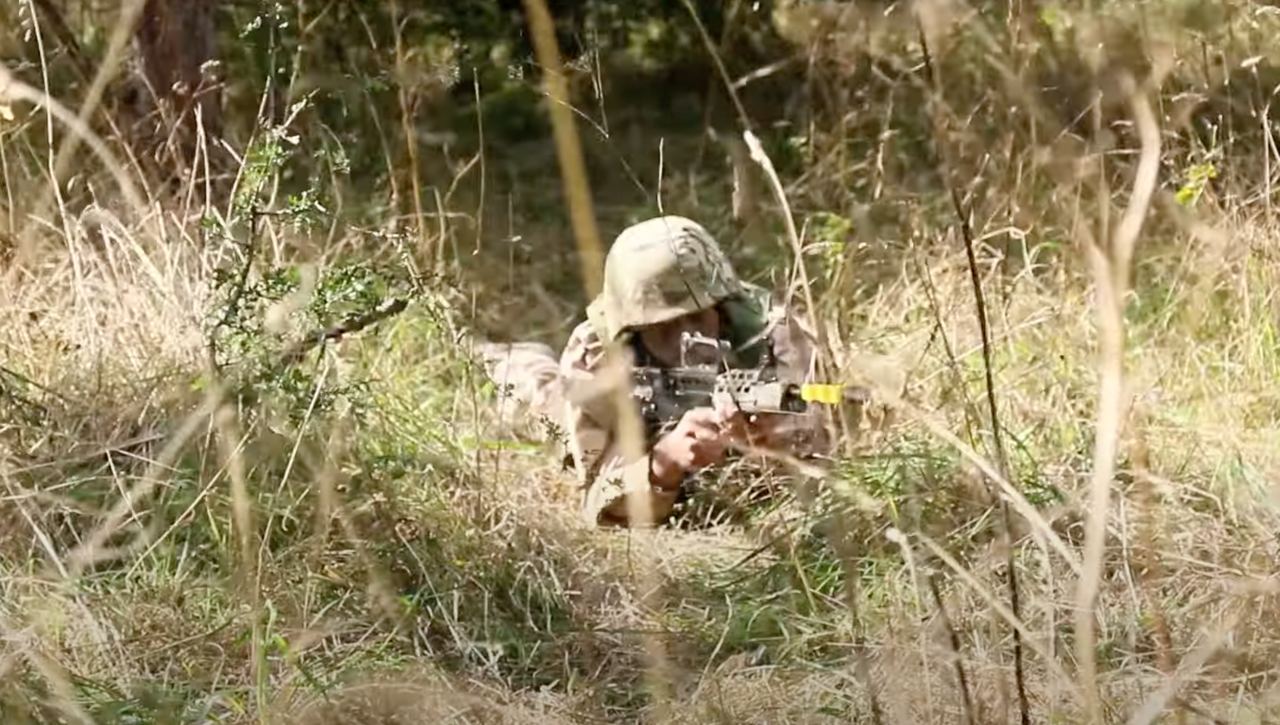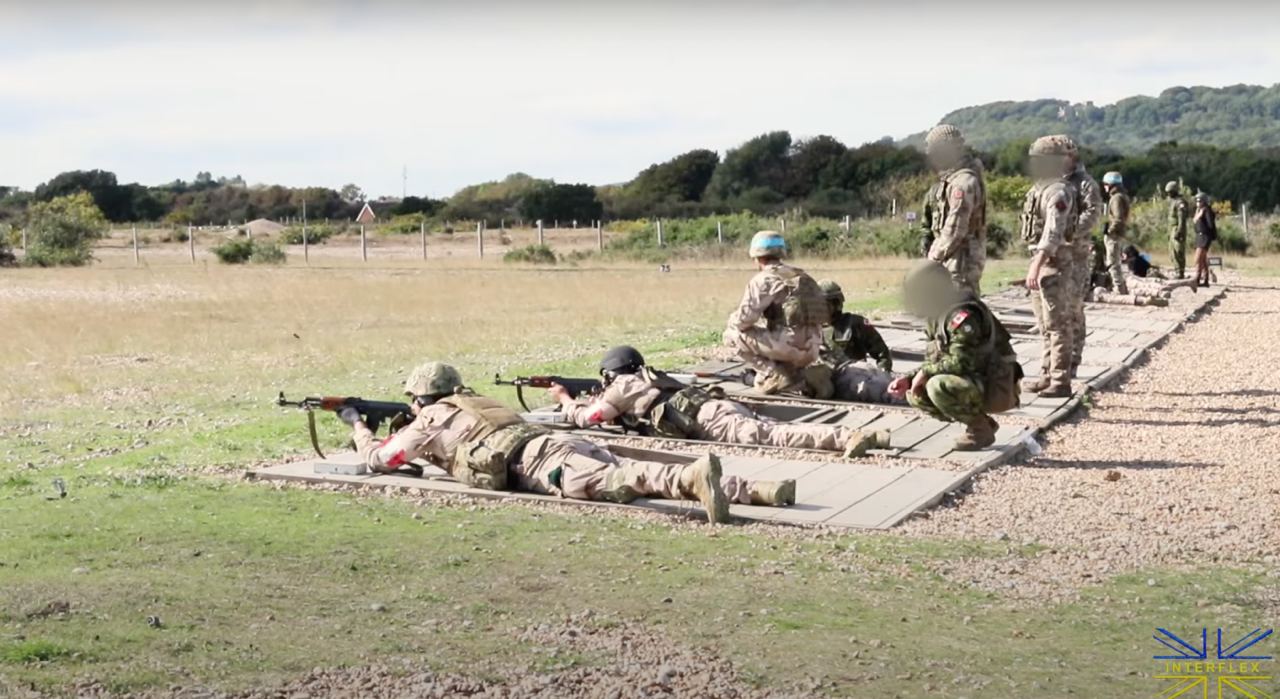Training of the Ukrainian military in the UK increased to 50 days
19 November, 2024 Ukrainian military at the INTERFLEX exercises in the United Kingdom, September 2022. Photo: General Staff of the Armed Forces of Ukraine The Interflex training mission is underway in the UK, and as of now, 50,000 Ukrainian military personnel have already undergone training.
The UK Ministry of Defense announced this at a special briefing, Militarny reports. To improve the quality of education and training, the plan is to increase the training from 35 to 50 days. Colonel Andy Boardman, commander of the multinational Operation Interflex, announced this.
"There is one thing we intend to change very soon, and that is to extend the course, because currently we only do 35 days of training, five weeks, which is very short. We spend more time on our own basic training in the UK. And we are not involved in the war.
So starting in the new year, we plan to extend the course to 50 days," he said. The training program is constantly being adapted to the requirements of the battlefield. It includes both tactical training and the use of certain types of weapons, such as UAVs and electronic warfare systems.
 Ukrainian military at the Operation Interflex exercise in the UK, September 2022. Frame from the video
Ukrainian military at the Operation Interflex exercise in the UK, September 2022. Frame from the video
"Some of the areas that we want to develop are increasing the use of UAVs because one of the features of the modern battlefield is the proliferation of both friendly and enemy drones. So we want to make sure that the soldiers we train understand how to use them when they are friendly and how to respond when they are used by the enemy," Andy Boardman added.
Information on adjustments to the program is coordinated with representatives of the General Staff of the Armed Forces of Ukraine who are in the UK. In addition, UK intelligence reports on the situation on the battlefield in Ukraine are used. The instructors who conduct the training are working to make the training as realistic as possible.
Cooperation with both the Ukrainian side and representatives of Operation Interflex member countries helps in this regard. This means adapting the terrain at the training grounds and making simulations close to reality using smoke or other elements of the battlefield environment.
 The Ukrainian military at the INTERFLEX training in Great Britain, September 2022. Frame from the video
The Ukrainian military at the INTERFLEX training in Great Britain, September 2022. Frame from the video
"We are not using the system of the UK, Australia or New Zealand.
We have created a product that allows you to acquire the skills and knowledge to fight a war on the front line," Lieutenant Colonel Scott De Rosario, Deputy Commander of Operation Interflex, reported. He also emphasized that joint training helps all representatives of Operation Interflex countries to gain experience and adapt their army training programs to the modern challenges of the battlefield. Instructors of Operation Interflex constantly cooperate with colleagues from other programs in Europe.
This allows them to standardize their training. "We share courses and training programs that we launch with each other... Two of my staff members are going to France for training in the next two days, and two weeks ago, several Polish officers attended our training.
So, by seeing what others are doing, we are not only standardizing but also ensuring we are delivering the same training," Colonel Andy Boardman, Commander of Operation Interflex, shared. Ukrainian instructors are also trained and then work in training centers in Ukraine to share the experience of Operation Interflex. "We are training Ukrainian instructors who can bring Interflex knowledge and lessons to Ukraine, to the training centers.
We are creating a pool of instructors to ensure that they [recruits] receive the same level of training, skills, and knowledge that they would receive here in Ukraine," Colonel Andy Boardman noted. Previously, the UK recently hosted an international partnership conference as part of Operation Interflex to plan the training of the Ukrainian military for 2025. Operation Interflex is an international training operation involving 13 countries along with the UK.
These include Austria, New Zealand, Canada, the Scandinavian countries, and the Baltic states.
It was launched in the summer of 2022.